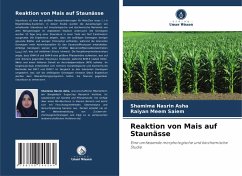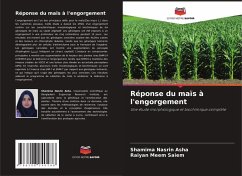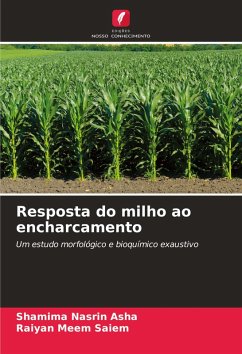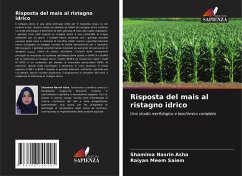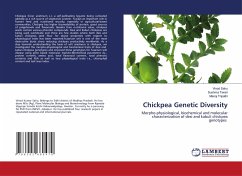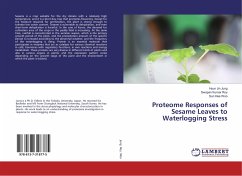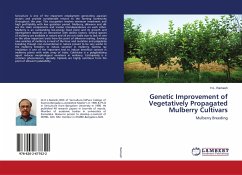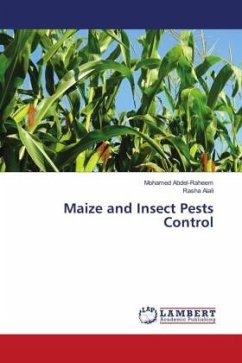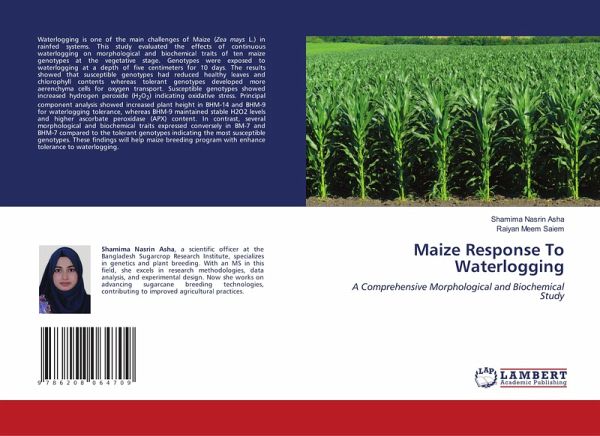
Maize Response To Waterlogging
A Comprehensive Morphological and Biochemical Study
Versandkostenfrei!
Versandfertig in 6-10 Tagen
40,99 €
inkl. MwSt.

PAYBACK Punkte
20 °P sammeln!
Waterlogging is one of the main challenges of Maize (Zea mays L.) in rainfed systems. This study evaluated the effects of continuous waterlogging on morphological and biochemical traits of ten maize genotypes at the vegetative stage. Genotypes were exposed to waterlogging at a depth of five centimeters for 10 days. The results showed that susceptible genotypes had reduced healthy leaves and chlorophyll contents whereas tolerant genotypes developed more aerenchyma cells for oxygen transport. Susceptible genotypes showed increased hydrogen peroxide (H2O2) indicating oxidative stress. Principal c...
Waterlogging is one of the main challenges of Maize (Zea mays L.) in rainfed systems. This study evaluated the effects of continuous waterlogging on morphological and biochemical traits of ten maize genotypes at the vegetative stage. Genotypes were exposed to waterlogging at a depth of five centimeters for 10 days. The results showed that susceptible genotypes had reduced healthy leaves and chlorophyll contents whereas tolerant genotypes developed more aerenchyma cells for oxygen transport. Susceptible genotypes showed increased hydrogen peroxide (H2O2) indicating oxidative stress. Principal component analysis showed increased plant height in BHM-14 and BHM-9 for waterlogging tolerance, whereas BHM-9 maintained stable H2O2 levels and higher ascorbate peroxidase (APX) content. In contrast, several morphological and biochemical traits expressed conversely in BM-7 and BHM-7 compared to the tolerant genotypes indicating the most susceptible genotypes. These findings will help maize breeding program with enhance tolerance to waterlogging.





